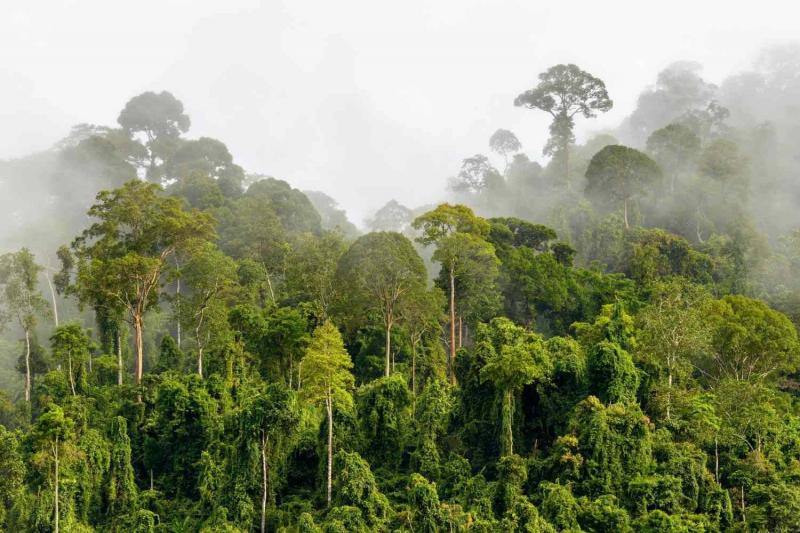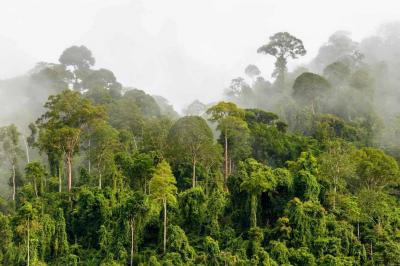Hundreds of scientists launched a research alliance at the United Nations Climate Change Conference (COP28) on Sunday, aimed at addressing a historic information gap regarding the Congo River Basin and its rainforests, which are the second largest tropical forests in the world. The scientific group focused on the Congo Basin, supported by the United Nations Sustainable Development Solutions Network, aims to release a report in 2025 that is expected to be the most detailed assessment yet of the Congo Basin.
Rafael Chimanga, co-chair of the group and a water expert at the University of Kinshasa in the Democratic Republic of the Congo, stated, "We are talking about a unique ecosystem that supports hundreds of millions of people and plays a critical role in regulating the Earth's climate." He added, "Our current knowledge of how the ecosystem in the Congo Basin operates is very, very limited."
The "Global Forest Watch" platform, which monitors forest conditions, pointed out that the Democratic Republic of the Congo, home to the largest area of forest, recorded the second highest rate of tree cover loss in the world after Brazil. The destruction of trees leads to emissions of greenhouse gases, thus damaging vital plants and the natural environment of animals.
The scientists' efforts are inspired by the Amazon advisory body, which released a 1300-page report in 2021 summarizing the scientific consensus regarding the Amazon rainforest, the largest in the world. The report highlighted fears of the extinction of over ten thousand species, explained their role in the global climate system, and quantified the amount of carbon stored in the forest.
Chimanga noted that over 300 scientists are expected to contribute to the Congo report. He added that the report will include sections on how the Congo regulates regional climate, the impacts of human activity on the forest ecosystem, and how scientific data can guide government policy.




